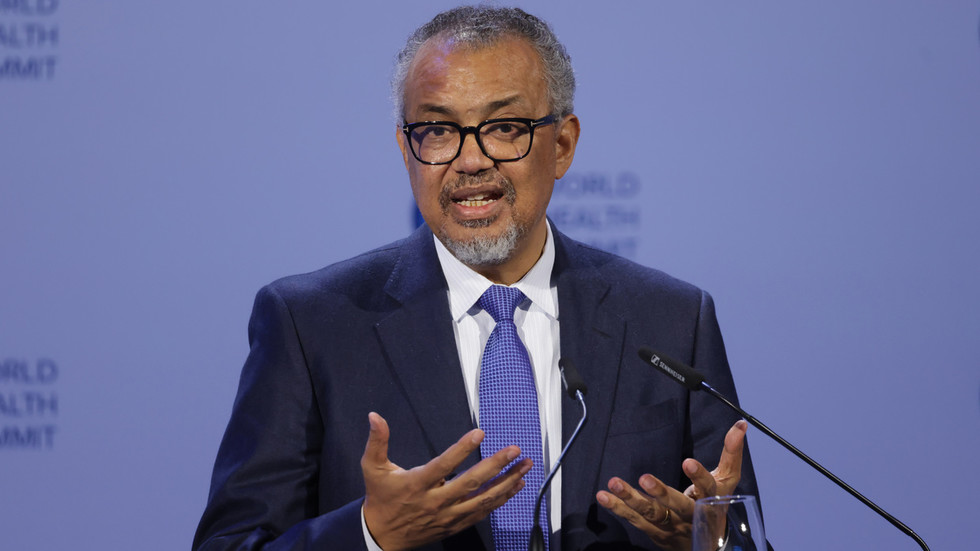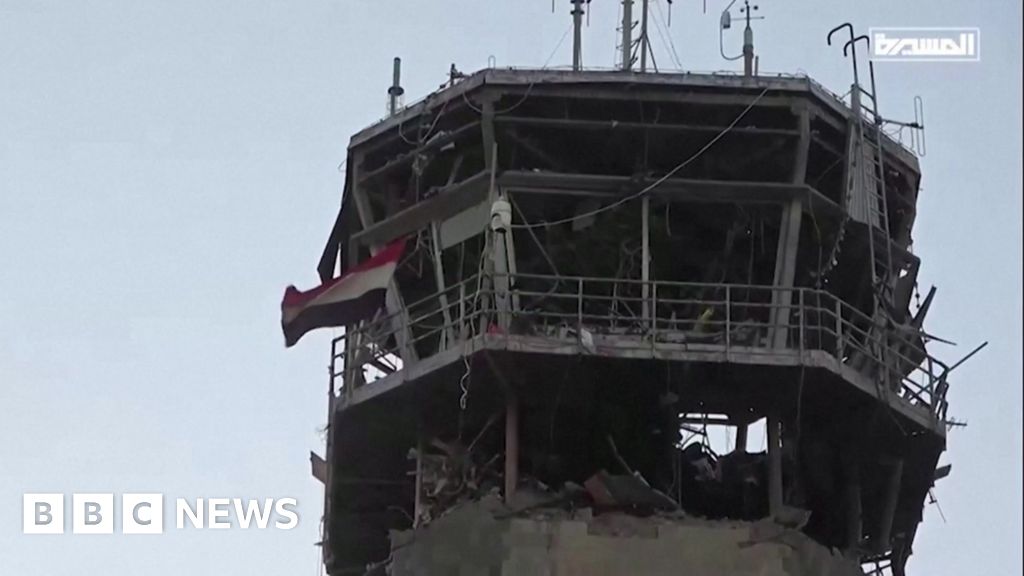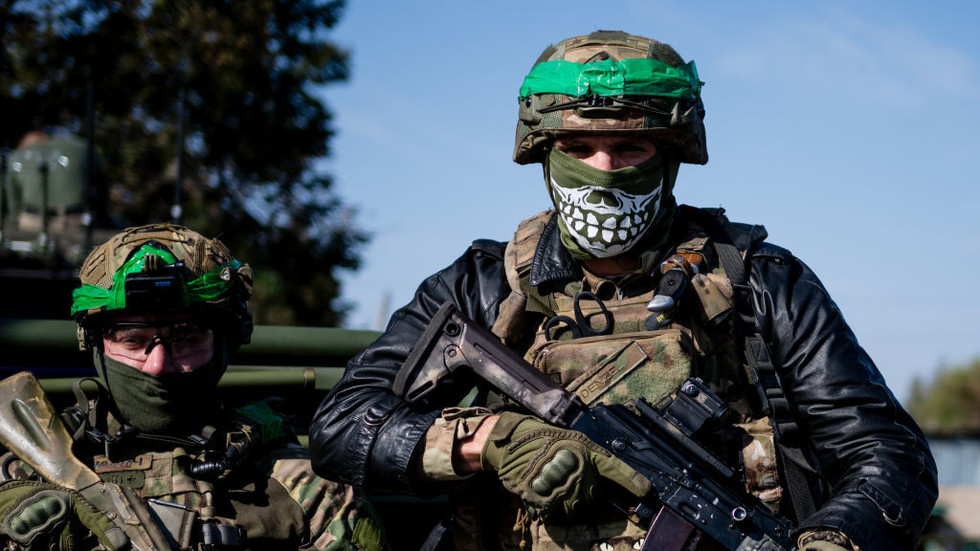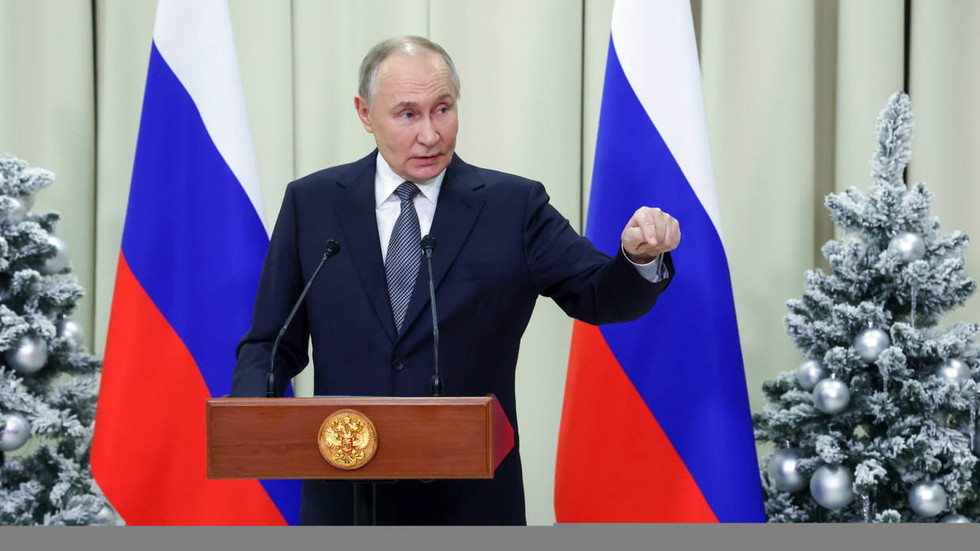On November 24, The Washington Post’s editorial board published a piece in which it laid out its views on the arrest warrants for Israeli officials recently issued by the Pre-Trial Chamber of the International Criminal Court (ICC).
Reading it as a legal scholar, I found it full of misinformation and misrepresentation of facts. It is unclear whether the editorial was an attempt to mislead the readers or reflected the board’s significant lack of knowledge and research abilities on ICC-related matters – or both.
In any case, the article merits a response that lays out the facts and points out the misrepresentation.
Did the ICC ignore other grave situations?
At the outset, the article suggests that the ICC has failed to address international crimes in Syria, Myanmar and Sudan. This is manifestly nonfactual.
The default grounds for the ICC to exercise jurisdiction is the commission of international crimes on the territory or by the nationals of either a state party to the ICC or a non-state party that has accepted the jurisdiction of the court. The three states referred to neither joined the ICC nor accepted its jurisdiction.
The court exercises jurisdiction in Sudan based on a United Nations Security Council resolution that referred the case to the court in 2005 – as is its right under the Rome Statute, the treaty that established the ICC. Since then, the ICC has actively engaged with the situation in Sudan, issuing seven arrest warrants and pursuing six cases.
The Post is concerned with the conduct of the paramilitary Rapid Support Forces but mentions nowhere in its editorial that Ali Muhammed Ali Abd-Al-Rahman, one of the leaders of its constituent militia, the Janjaweed, is already in ICC custody and standing trial. It also omits ICC Prosecutor Karim Khan’s assertion that his office is still investigating ongoing crimes.
On Myanmar, the Office of the Prosecutor opened preliminary examinations in 2018. After only one year, the Pre-Trial Chamber authorised it to open an investigation. On November 27, the Office of the Prosecutor applied for an arrest warrant against the head of Myanmar’s military government, Min Aung Hlaing.
To do this, both Khan’s office and the Pre-Trial Chamber pushed the limits of the legal text to adopt unorthodox, precedent-setting interpretations of the law with a view to overcoming the jurisdictional challenge in the absence of a UN Security Council referral.
Both ICC organs concurred that although the crimes of “deportation” and “persecution” were perpetrated by nationals of a non-state party and on the territory of a non-state party (Myanmar), the “conduct” constituting the crimes forced the victims into the territory of a state party (Bangladesh); consequently, the ICC should have jurisdiction because the crimes have been committed ‘”in part” on a territory of a state party.
Despite the lack of grounds to exercise jurisdiction in Syria, former Prosecutor Fatou Bensouda indeed strived to address these crimes. Her office came up with a creative approach to examine acts committed by nationals of states parties but ended up with a very narrow scope of perpetrators and crimes.
There is no ICC “failure” to address crimes committed in Syria; rather, there is a Security Council failure to refer the Syria case to the ICC, as it did with Libya and Sudan. It is appropriate then to criticise the Security Council system, including the United States’s decades-long abuse of its veto powers, for instance, to shield Israel.
Should the Israeli system be entrusted with prosecution?
The Post uncritically reproduces a regular Israeli and US talking point: that Israel as “a democratic country that is committed to human rights” is capable of investigating its own security forces. The ICC should not put “elected leaders of a democratic country with its own independent judiciary in the same category as dictators and authoritarians who kill with impunity”, it argues.
This argument misrepresents the law of the ICC and conceals substantive facts.
Even if Israel and its institutions could be deemed “democratic” and “independent”, international law requires a lot more than that. The principle of complementarity means that the ICC complements, rather than replaces, national jurisdictions. Thus, the ICC prosecutor may intervene only when the state that has jurisdiction is “inactive” in investigating the crimes.
Complementarity in no way means that the elected officials and independent judiciary of a democratic state shall enjoy immunity from ICC prosecution. Instead, it means that Israel needs to show it has active investigations. The fact of Israel’s inactivity in relation to war crimes and crimes against humanity by Prime Minister Benjamin Netanyahu and former Defence Minister Yoav Gallant in and of itself already means that the complementarity assessment has been exhausted and the court may proceed.
And even if it were active, Israel would need to demonstrate the willingness and ability to genuinely prosecute the perpetrator and conduct. The law of the ICC allows it to intervene if the “investigative activities undertaken by the domestic authorities are not tangible, concrete and progressive”, as laid out in a decision in the case of Ivory Coast first lady Simone Gbagbo, accused of crimes against humanity.
Proceedings designated to shield the perpetrators or crimes in question warrant an ICC intervention. This, for instance, requires Israel to investigate the same person for substantially the same conduct.
The Post conceals that for decades, Israel has failed to hold to account its officials and members of its armed forces for crimes. These failures have been repeatedly documented by the UN and human rights organisations.
The 2014 UN Commission of Inquiry, for example, addressed the “procedural, structural and substantive shortcomings, which continue to compromise Israel’s ability to adequately fulfil its duty to investigate”. Palestinian and Israeli NGOs have repeatedly scrutinised Israel’s tendency to whitewash its own crimes, and Amnesty International considered “an ICC investigation [to be] the only way” to uphold international law.
These reports are in no way unknown or recent. Human Rights Watch, for example, has documented Israel’s failure to prosecute war crimes as far back as the 2014 war on Gaza, the second Intifada, the first Intifada and even the Israeli invasion of Lebanon in 1982, after which the Israeli government created the Kahan Commission to cover up then-Defence Minister Ariel Sharon’s responsibility for the Sabra and Shatila massacre.
The Post’s omission of these facts does not seem to be mere negligence.
Do the arrest warrants give credence to accusations against the ICC?
The editorial also claims that the arrest warrants “undermine the ICC’s credibility and give credence to accusations of hypocrisy and selective prosecution”. This maliciously misrepresents the facts to intentionally deceive the readers.
There are indeed longstanding, well substantiated and almost undisputed accusations but not of a bias against countries like Israel. During the first 20 years of its operation, the court sought to prosecute people solely from the African continent. As a result, it was criticised for having an “Africa problem” and channelling the “assertion of neocolonial domination”.
The ICC’s negligence regarding Western armies’ atrocities was consistently brought up, especially in relation to Palestine, Iraq and Afghanistan. As Valentina Azarova and Triestino Mariniello and I have previously argued in two articles, the court’s action on crimes committed against Palestinians could help it redress its problems with effectiveness and legitimacy.
As a legal scholar, I have not come across any rigorously justified accusation against the court that it is biased against “elected leaders” of “democratic states”, as the Post suggests. US attacks on the ICC – starting with the 2002 Hague Invasion Act, which threatens US invasion of any state complying with an ICC arrest warrant for US citizens – have been crude expressions of US hegemony and unpolished thuggery.
Israel itself has engaged in similar activities, as an investigation by +972 Magazine, the Local Call and The Guardian revealed in May. According to these publications, Israel ran a nine-year, state-orchestrated espionage and intimidation campaign against the ICC to shield its nationals from prosecution.
In the end, even in its decision to proceed with prosecution in the Palestine file, the ICC is doing the bare minimum of what it should be. And it is not its “bias” – as The Washington Post argues – that compels it to act, but rather the Israeli conduct – its magnitude, degree of cruelty and unprecedented availability of conclusive evidence.
The views expressed in this article are the author’s own and do not necessarily reflect Al Jazeera’s editorial stance.

 3 weeks ago
6
3 weeks ago
6







